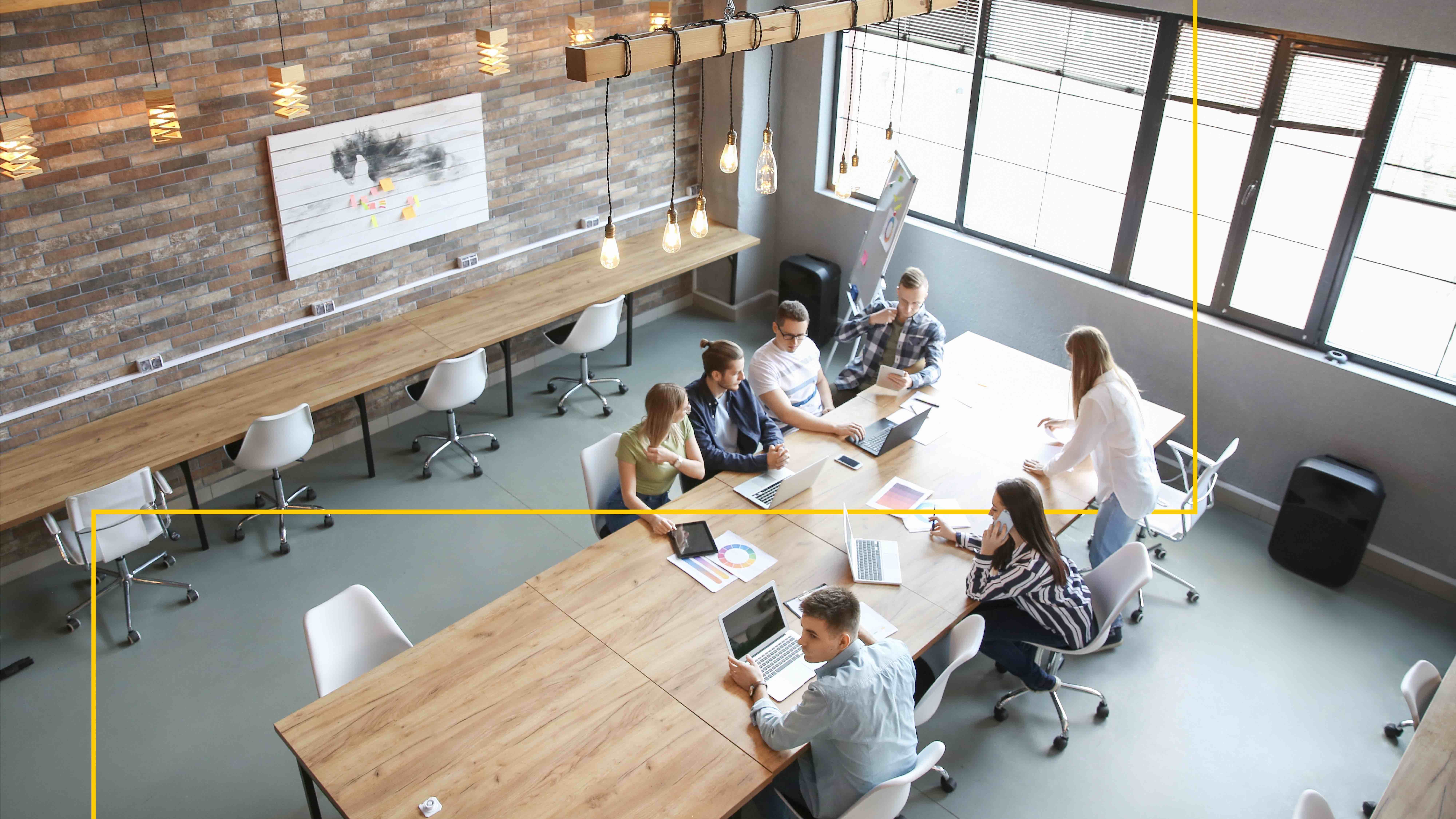The Problem:
HVAC usage will triple by 2050 due to climate change (IEA, 2020). HVACs account for 30-50% of the power consumption in commercial buildings. They will contribute 18% of greenhouse emissions by 2050 (IEA 2019). ASHRAE and governments recommend maintaining indoor temperatures 20-26°C (68-78°F) for cooling/heating.The Solution:
Our solution solves three problems in shared spaces of commercial buildings that typically follow guidelines or similar governmental recommendations:
(1) Six to eight out of 10 people in shared spaces suffer thermal discomfort (Scientific Reports, 11, Indoor Air 22, own studies). Females are disproportionately affected (check ""The invisible women"" by Caroline Criado Perez and recent studies https://bit.ly/3O7F5uk) due to standards’ metabolic overestimations. For our clients, occupants in thermal discomfort mean reduced user retention, mood, and work performance.
(2) A single degree outside comfort (i.e., overcooling/overheating) leads to 2-15% of AC excess energy and emissions (IEEE 2019). For instance, a two-year-long study found that a 2.5°C overcooling led to 34% excess operational costs (Building & Environment, 110033 (2023)). The tight operational budgets of commercial buildings make every possible energy-saving critical. They cannot afford unnecessary operational costs arising from occupants' thermal discomfort.
(3) Recently, there are growing regulatory restrictions that mandate quantifying and reducing building greenhouse emissions (e.g., the UK Companies Miscellaneous Reporting Regulations, EU Non-Financial Reporting Directive, Energy Performance of Buildings Directive (EPBD) 2010/31/EU and the Energy Efficiency Directive (EED) 2012/27/EU). Cosysense makes buildings comply by optimising their existing heating and cooling systems.
Solving thermal discomfort is a market opportunity with impact because commercial buildings can reduce operational costs and emissions while increasing user comfort. It matters right now because electricity costs have soared over 80% in the UK and the EU.
The problem persists because our competitors, like Cielo and Google Nest, offer smart thermostats for remote HVAC control focusing on adjusting HVAC settings. They do not monitor indoor environments or customer analytics because their hardware technology does not allow them to do so, and their software does not have these extra variables integrated into calculations."The Differentiator:
Biggest Achievement:

